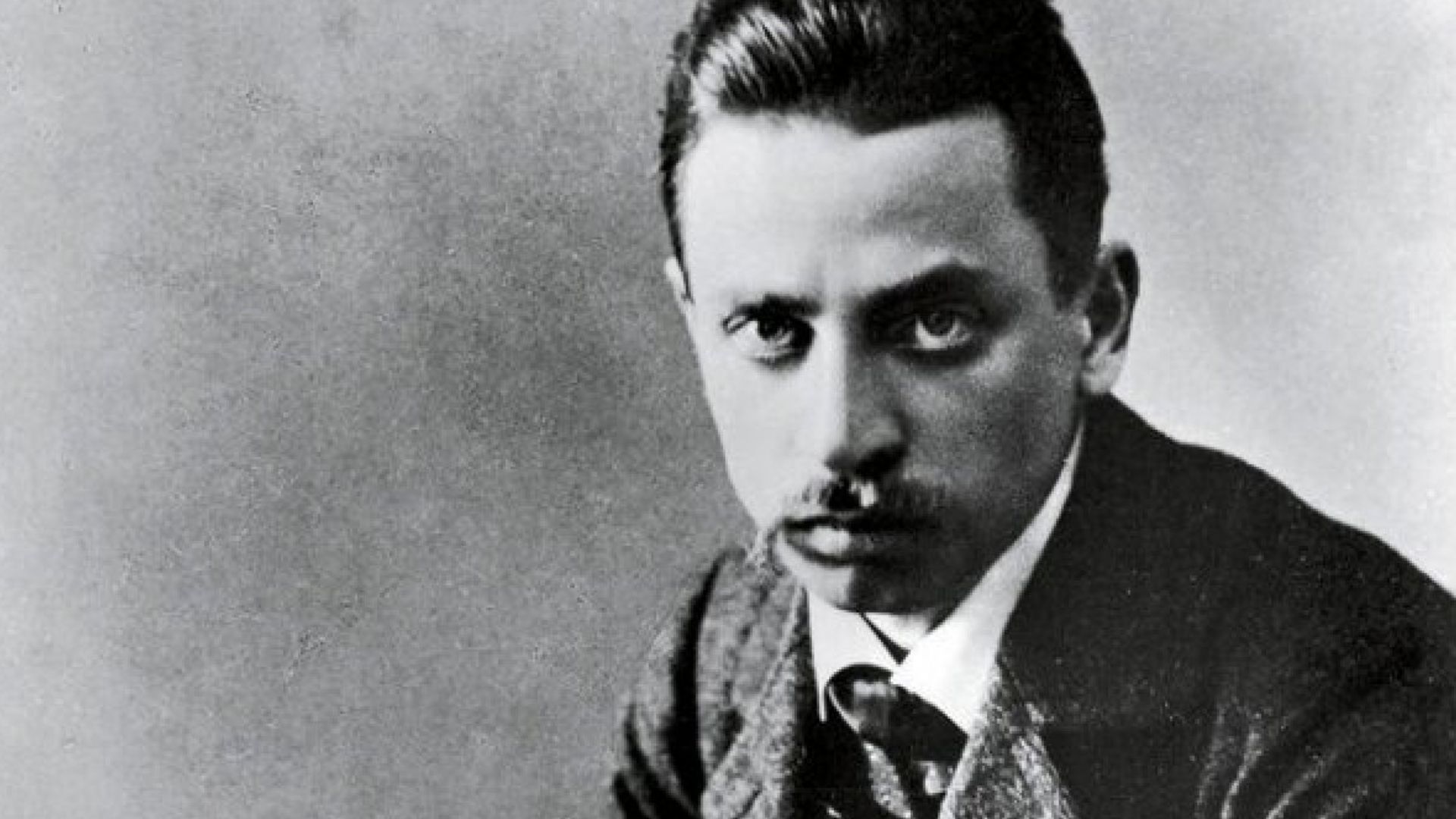Archaic Torso Of Apollo Comments
We cannot know his legendary head
with eyes like ripening fruit. And yet his torso
is still suffused with brilliance from inside,
like a lamp, in which his gaze, now turned to low,
...
Read full text
the poem seems to be suffused with the idea that a piece of art is a whole in itself. Rilke turns the beheaded Apollo into a living statue that at the end of the poem appears to be looking back at the admirer. there is this sensation that each part of the incomplete sculpture has a life of its own as the poet posits his eyes on them; and after a while this life that the poet communicates to the immobile statue is stolen by it to make a part of itself...
Rilke wrote in german. One of my favorite poems, I love the last line 'you must change your life.' Rilke was a master. His years with Rodin certainly paid off, I love how he describes the torso. Also, the inner brillance, and how when looking at a masterpiece it reminds one of greek gods.

Archaic Torso of Apollo We cannot know his legendary head wherein eye-apples ripened. Even so his torso's lasting candelabra-glow, in which his gaze, with light held back, instead holds fast and shines. Else scarcely would the curve of chest bedazzle you, soft gasped meanwhile loins could not draw a breath to bring a smile to that dark core of procreation's verve. If not, this stone would seem all too degraded under the shoulders to translucence faded without a glint of predatory mane; nor break the bars confining, out to range just like a star: for there is no domain hid from that gaze. It's time your life must change. (transl vzjp)
My english isn't as good as I would like it to be, but I am from the country where Rilke was born and German is my mouther's tongue. And I love Rilke. But nevertheless let me say that this translation comes as close to the words Rilke wrote as a translation could possibly come. You did a very, very good job. You catched the very spirit of the poem, and perhaps even more imporant, you brought the music of it into live in english. Rilke was kind of a composer. Rhyme, intonation, and rhythm all play a vital part in his art. Thank you so much.: -)